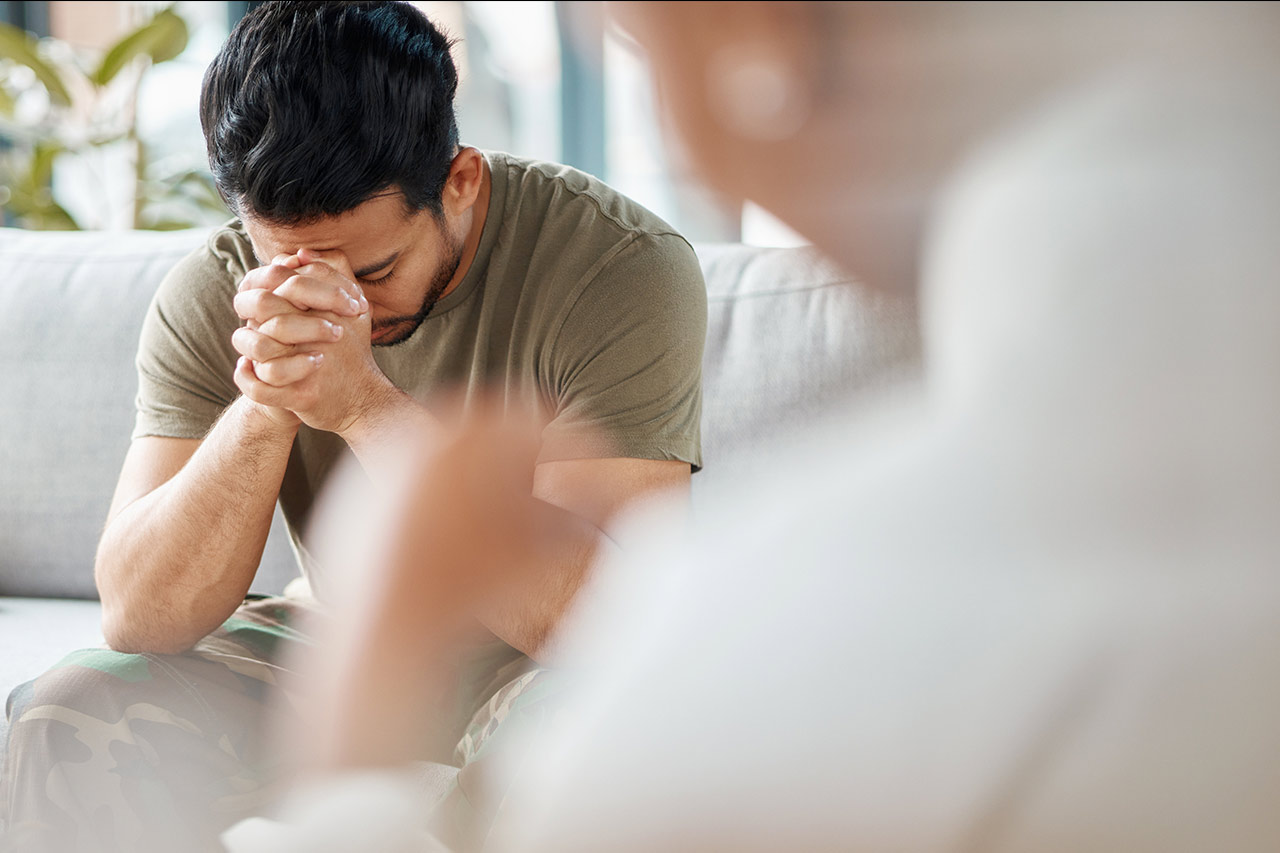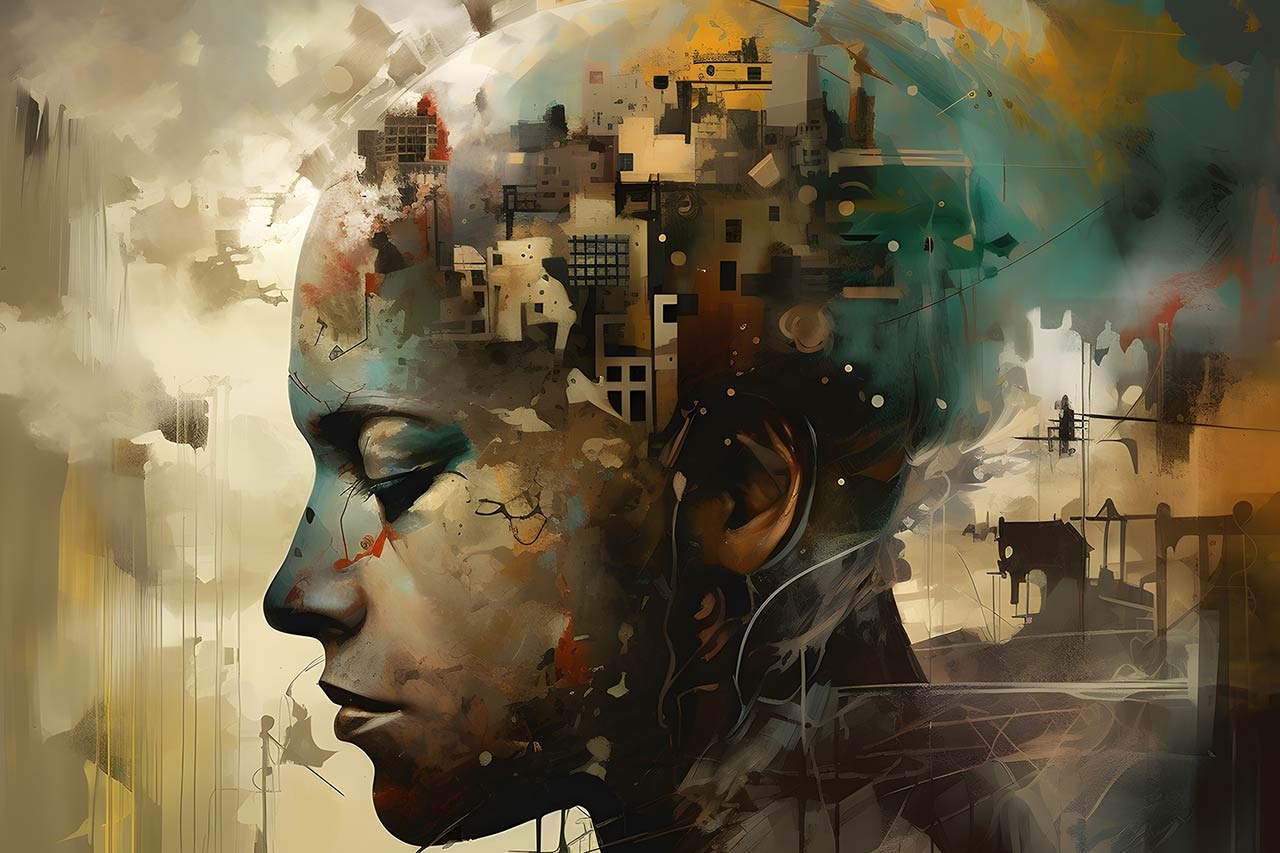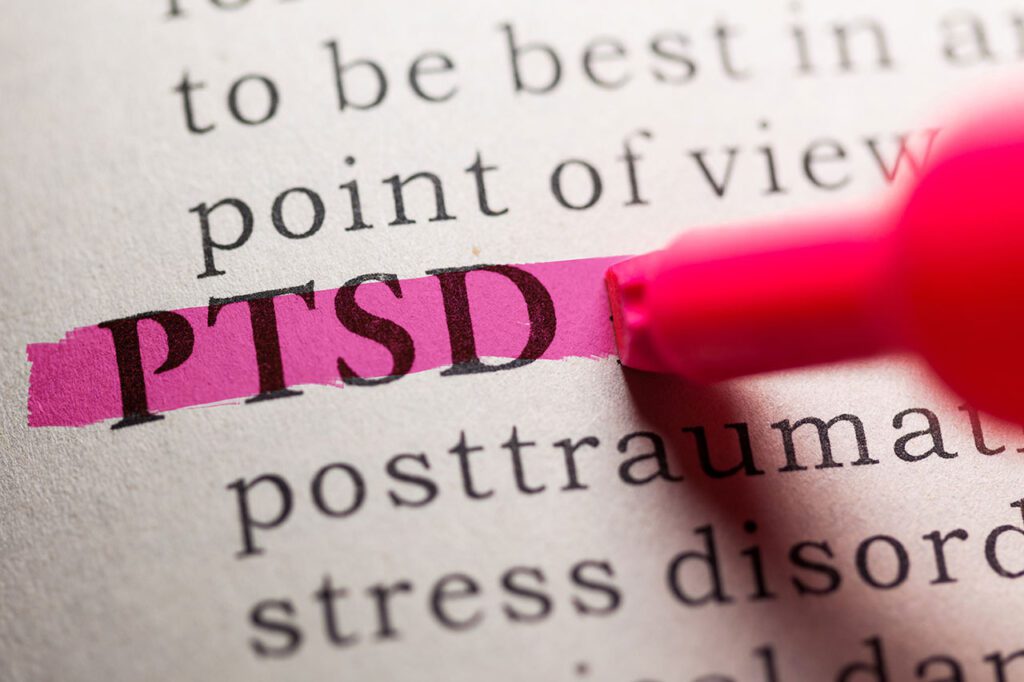PTSD affects approximately 7–9% of adult’s lifetime and about 4% currently [1–4] in the United States (US)
-National Library of Medicine
Life, as we often hear, isn’t about waiting for the storm to pass, but learning how to dance in the rain. But what happens when the storm turns into a hurricane, an earthquake, or a relentless economic crisis? This is not a metaphor for the people of Puerto Rico. It’s our reality, and these kinds of scary or dangerous experiences leave behind more than physical devastation. They leave scars on the psyche, known to us as post-traumatic stress disorder, or PTSD.
To really grasp what PTSD is all about, we need to think about it in terms of real people and their unique stories.
So, let’s connect with the evolving traumas of our own community.
PTSD in Puerto Ricans


Our community in the beautiful island of Puerto Rico, has a vibrant culture and warm, friendly people. But over the last few years, the island has faced one storm after another, and I don’t just mean the weather. Even before Hurricane Maria hit in 2017, folks were already leaving their homes because of a financial crisis that seemed too difficult to endure. The hurricane forced even more people to leave their homes, families, and everything they knew behind to find safety and stability in the mainland United States, starting new lives all the way from sunny Florida to chilly Alaska.
Those who had relocated faced another round of heartache when tremors shook southern coastal towns, forcing them to run for their lives once again. And just like that, PTSD becomes more than a medical term – it’s a real and painful part of these people’s lives.
Here’s a sobering thought. More than half of us will experience at least one traumatic event in our lives, and of these, 7-8 out of every 100 people will develop PTSD. That’s potentially millions of people in the US, dealing with PTSD at this moment.
Digging a little deeper, within the diverse Latino community, Puerto Ricans seem to bear a heavier burden. For example, among veterans of the Vietnam War, those from Puerto Rico were more likely to have PTSD. “ Unlike veterans from previous wars, who enjoyed a high degree of respect and admiration from the public-the Vietnam War veterans had to deal with a sense of defeat and the public’s rejection.” And following the September 11 attacks, surveys in New York City showed PTSD was more common among Dominicans (14.3%) and Puerto Ricans (13.2%).
Interestingly, within the US, some groups are more likely to develop PTSD than others. For instance, Latinos, particularly those who’ve been through specific traumatic events like terrorist attacks, injuries, police work, natural disasters, or military combat, are at a higher risk compared to their white and African American nationals.
Effects & Available Support


It’s crucial to remember that PTSD isn’t just about the person dealing with it – it affects us on a collective level. When our friends and family members are haunted by nightmares, flashbacks, or constant thoughts about traumatic events, it affects their quality of life, their work, and it can lead to more serious problems like substance abuse, job loss, and even thoughts of suicide. That’s why we all have a role to play in understanding and supporting those with PTSD.
Despite these challenges, there are opportunities for help and support, and no one has to face PTSD alone. There are mental health professionals out there who can provide support, and resources like the National Institute of Mental Health’s website offer loads of information about PTSD and how to get help. PTSD is undeniably tough, but with the right help and support, it doesn’t have to define your life.
The story of the Puerto Rican diaspora embodies the resilience of the human spirit. We’ve weathered countless storms, and no matter how hard it gets, recovery is within reach.
Resources
- American Psychiatric Association. (2013). Diagnostic and statistical manual of mental disorders (5th ed.).https://doi.org/10.1176/appi.books.9780890425596
- National Institute of Mental Health. (2022). Post-Traumatic Stress Disorder.
- https://www.nimh.nih.gov/health/topics/post-traumatic-stress-disorder-ptsd/index.shtml
- National Center for PTSD. (2021). How common is PTSD?
- https://www.ptsd.va.gov/understand/common/common_adults.asp
- U.S. Department of Veterans Affairs. (2021). How common is PTSD in veterans?
- https://www.ptsd.va.gov/understand/common/common_veterans.asp
- National Institute of Mental Health. (2022). Post-Traumatic Stress Disorder. https://www.nimh.nih.gov/health/topics/post-traumatic-stress-disorder-ptsd/index.shtml
- Center for Puerto Rican Studies. (2022). Post Traumatic Stress Disorder in Puerto Rico.
- https://centropr-archive.hunter.cuny.edu/digital-humanities/pr-military/post-traumatic-stress-disorder
- CNN Español. (2020). El trauma para las familias afectadas por el terremoto de Puerto Rico continúa a miles de kilómetros de casa.
- https://cnnespanol.cnn.com/2020/01/29/el-trauma-para-las-familias-afectadas-por-el-terremoto-de-puerto-rico-continua-a-miles-de-kilometros-de-casa/
- Alegria, M., Fortuna, L. R., Lin, J. Y., Norris, F. H., Gao, S., Takeuchi, D. T., Jackson, J. S., Shrout, P. E., & Valentine, A. (2013). Prevalence, Risk, and Correlates of Posttraumatic Stress Disorder Across Ethnic and Racial Minority Groups in the US.
- https://www.ncbi.nlm.nih.gov/pmc/articles/PMC4307810/
Unite for Healing: Your Contribution, Puerto Rico's Transformation.
Embark on a journey of transformation with the Pravan Foundation. Your generous donation becomes a beacon of hope, illuminating the path to mental wellness for countless individuals in Puerto Rico. Together, let’s break down barriers, ushering in a new era of mental health and well-being.
Make a difference today – your contribution is the cornerstone of change, healing, and renewed hope across the island. Join us, and be the change that Puerto Rico needs. Unite for healing, unite for transformation, unite for a brighter tomorrow.
